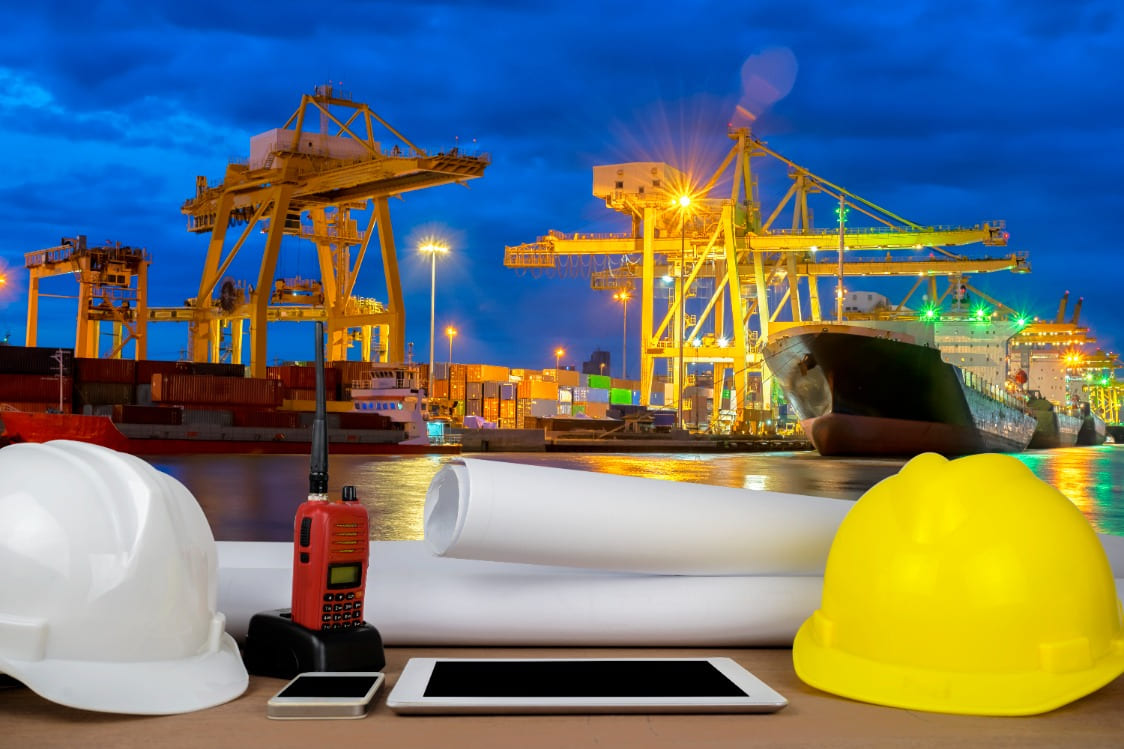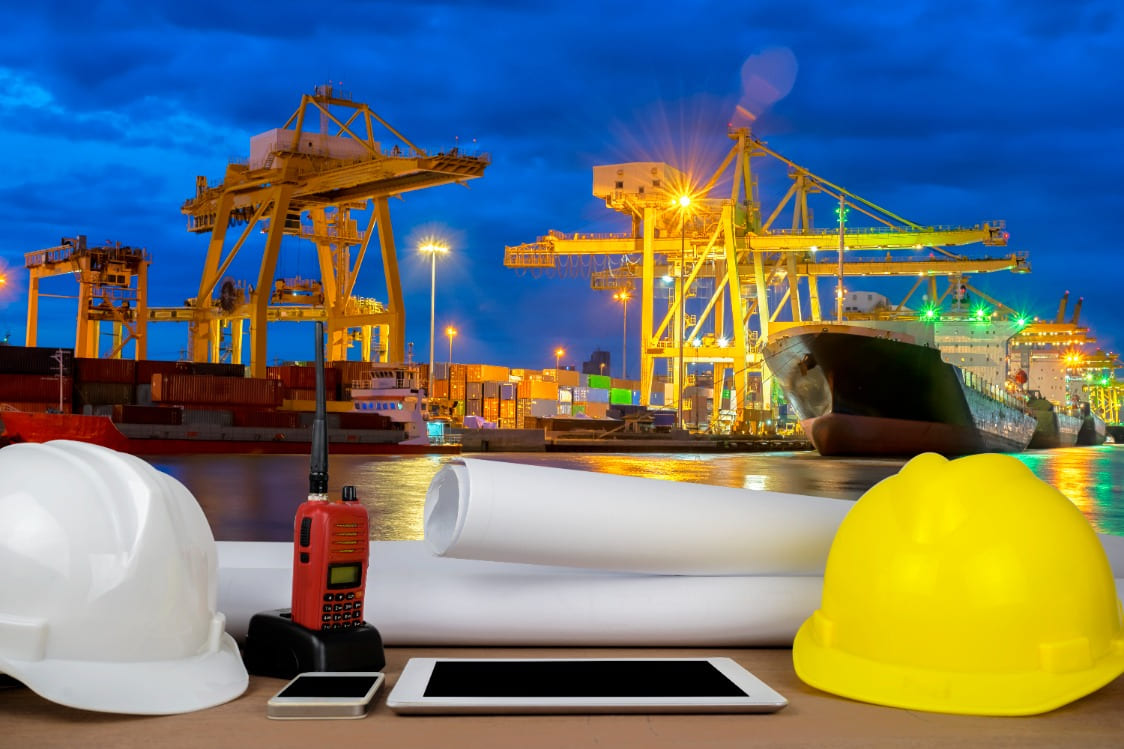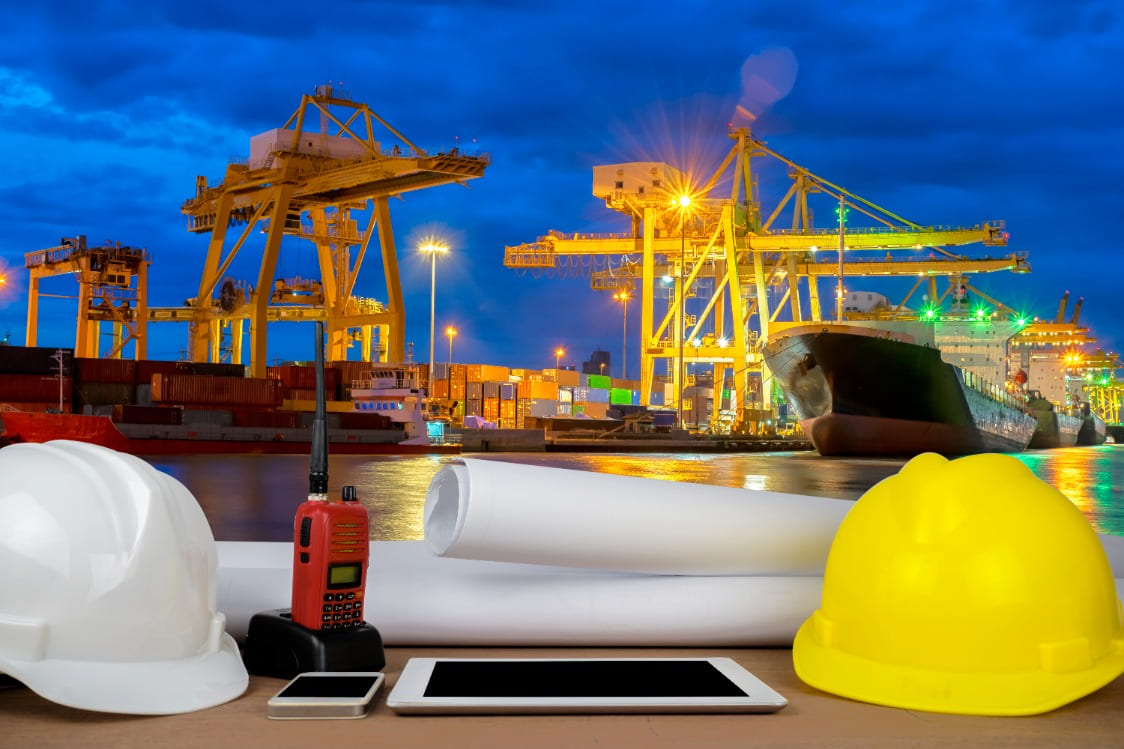Exploring the Evolution of Marine Engineering: Navigating the Oceans of Innovation
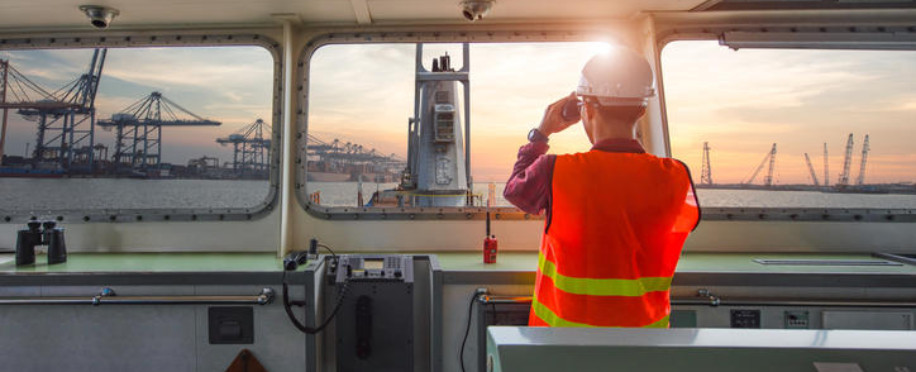
Posted on Sep 15, 2023 at 06:09 AM
Marine engineering is a critical discipline that revolutionises how humans navigate and utilise the vast expanses of the oceans. Engineers in this field design, build and maintain a diverse range of marine vessels and structures by combining engineering, naval architecture, and cutting-edge technology principles.
In this article, we'll delve into the fascinating world of marine engineering and explore how it has transformed the maritime industry.
Marine Engineering Fundamentals
To ensure the safe and efficient operation of marine vessels, marine engineering relies on several key concepts:
-
Naval Engineering
Naval architecture encompasses ships' and other floating structures' design, construction, and stability analysis. To create vessels capable of withstanding the harsh marine environment, naval architects consider buoyancy, stability, resistance, and propulsion factors.
Marine engineering courses are essential for those looking to embark on a career in this field, offering in-depth knowledge and practical skills necessary to contribute to the ever-evolving world of marine engineering. This progress has enabled the development of more efficient vessels, improved navigation systems, and more powerful engines.
-
Design and Analysis of Structures
The primary goal of structural design and analysis is to develop robust yet lightweight structures capable of withstanding the stresses encountered at sea. Using high-strength steel and various materials is a common practice in the industry.
-
Frameworks of drive
Marine vessels require robust propulsion systems to function effectively. Traditional propulsion methods, such as steam engines and diesel motors, have given way to more efficient alternatives, such as gas turbine engines and electric propulsion systems. These technological advancements have improved speed, fuel efficiency, and environmental sustainability.
-
Electrical Devices
Modern marine vessels rely heavily on complex electrical systems to support lighting, navigation, communication, and automation functions. Marine engineers are responsible for designing and maintaining these systems to ensure their reliability and safety.
-
Automation and Control Systems
Automation integration has transformed the maritime sector, enhancing safety, efficiency, and navigational precision. Marine engineers implement advanced control and automation systems to monitor and regulate various onboard processes, including propulsion, navigation, and cargo handling.
Marine Engineering Developments Through History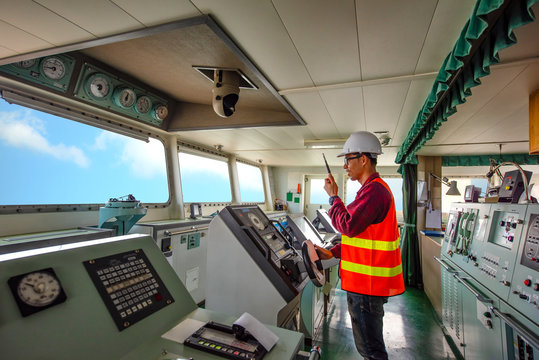
-
Early Inventions
The invention of the waterwheel marked a significant milestone in the early history of marine engineering, enabling the development of primitive watercraft. Advancements in sail technology and the introduction of navigational tools like the astrolabe and compass greatly impacted maritime exploration and trade.
-
Steam Power and the Industrial Revolution
Using steam power during the Industrial Revolution marked a pivotal moment in marine engineering. Engineers like James Watt played a crucial role in developing efficient steam engines, enabling the construction of steam-powered ships that significantly increased their speed and range.
-
Material and construction technique advancements
In the 20th century, marine engineering witnessed substantial progress in materials and construction methods. Adopting steel-hulled ships and improved welding techniques revolutionised shipbuilding, making vessels more robust, durable, and seaworthy.
This allowed for much longer voyages and opened up new trade routes. It also enabled ships to carry heavier loads and transport more goods. This, in turn, had a significant impact on the global economy.
-
Diesel and gas turbine engines
The widespread use of diesel and gas turbine engines in the 20th century ushered in a new era of marine propulsion. These engines offered superior power-to-weight ratios, enhanced fuel efficiency, and reduced emissions, making them the preferred choice for many vessels.
-
The emergence of Digitalization and Automation
In recent years, the marine industry has embraced digitisation and automation. Complex software, remote monitoring systems, and autonomous vehicles have become standard practices, enhancing the quality of life onboard while ensuring safety and efficiency.
Sustainable Propulsion Systems
The marine sector actively seeks sustainable solutions to reduce its carbon footprint and promote environmental stewardship in an era of increasing ecological awareness. The shift towards eco-friendly propulsion technologies represents a significant advancement in marine engineering. With growing environmental concerns, the industry is exploring cleaner alternatives to conventional fossil fuel-powered engines. LNG, hydrogen fuel cells, and hybrid-electric propulsion systems are reducing emissions and increasing efficiency, benefiting both the environment and vessel owners.
Conclusion
Marine engineering has experienced a spectacular transformation, revolutionising our ability to navigate and utilise the world's oceans. The improvement of the previously mentioned is an immediate consequence of the previously mentioned.
Marine engineering keeps on stretching the boundaries of what is conceivable in the oceanic area, accentuating supportability, proficiency, and security while addressing the challenges of marine engineering.
Related Articles
There are no articles!
